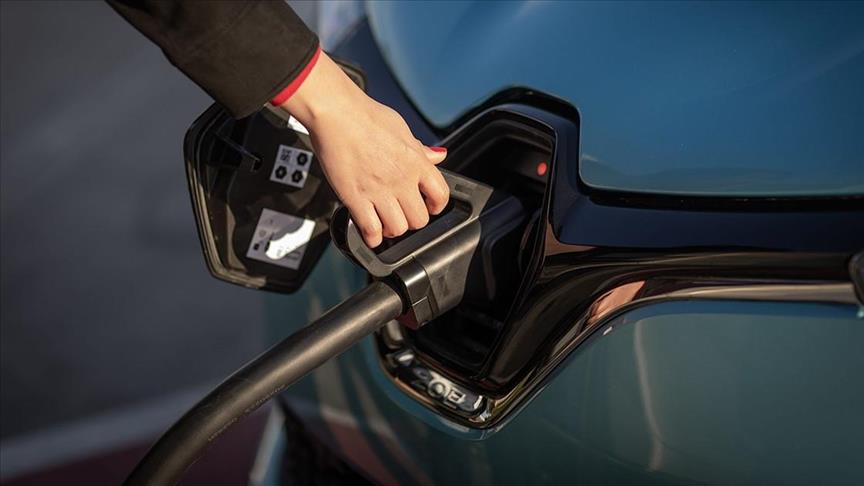Global electric car sales are set to remain robust in 2024, reaching around 17 million by the end of this year, according to the latest report by the International Energy Agency (IEA) on Tuesday.
The new edition of the IEA’s annual Global EV Outlook predicts that more than1 in 5 cars sold worldwide this year is expected to be electric, with surging demand projected over the next decade set to remake the global auto industry and significantly reduce oil consumption for road transport.
“In the first quarter, sales grew by about 25% compared with the same period in 2023 – similar to the growth rate seen in the same period a year earlier, but from a larger base,” the Paris-based energy watchdog said in a statement.
“The number of electric cars sold globally in the first three months of this year is roughly equivalent to the number sold in all of 2020,” it added.
The IEA report predicts that China is expected to see electric car sales surge to 10 million in 2024, accounting for about 45% of all car sales in the country.
In the US, electric car sales are projected to reach roughly 1 in 9, while in Europe, despite a weak car market and subsidy phaseouts, electric cars are still on track for 1 in 4, the report added.
Last year, global electric car sales soared by 35% to almost 14 million. While China, Europe, and the US remained the top markets, growth also picked up in some emerging markets such as Vietnam and Thailand, where electric cars accounted for 15% and 10%, respectively, of all cars sold.
The energy watchdog foresees that substantial investment in the electric vehicle supply chain, ongoing policy support, and declines in the price of EVs and their batteries are expected to produce even more significant changes in the years to come.
“Under today’s policy settings, every other car sold globally is set to be electric by 2035,” the report noted.
According to the energy agency, if countries can meet their climate pledges, 2 in 3 cars sold will be electric by 2035. In this scenario, the rapid uptake of electric vehicles avoids the need for up to 12 million barrels of oil per day, equal to the combined road transport demand in China and Europe.
Noting the importance of the availability of public charging sites for EV sales growth, the report highlights that the number of public charging points installed globally was up 40% in 2023 relative to 2022, and growth for fast chargers outpaced that of slower ones.
“However, to meet a level of electric vehicle deployment in line with the pledges made by governments, charging networks need to grow sixfold by 2035,” the report added. “At the same time, policy support and careful planning are essential to make sure greater demand for electricity from charging does not overstretch electricity grids.”
Commenting on the report, IEA Director Fatih Birol said: “The continued momentum behind electric cars is clear in our data, although it is stronger in some markets than others.”
“Rather than tapering off, the global EV revolution appears to be gearing up for a new phase of growth,” Birol said. “The wave of investment in battery manufacturing suggests the EV supply chain is advancing to meet automakers’ ambitious plans for expansion.”
“As a result, the share of EVs on the roads is expected to continue to climb rapidly,” he said. “Based on today’s policy settings alone, almost one in three cars on the roads in China by 2030 is set to be electric, and almost one in five in both the United States and European Union.”
“This shift will have major ramifications for both the auto industry and the energy sector,” he added.
By Handan Kazanci
Anadolu Agency
energy@aa.com.tr


